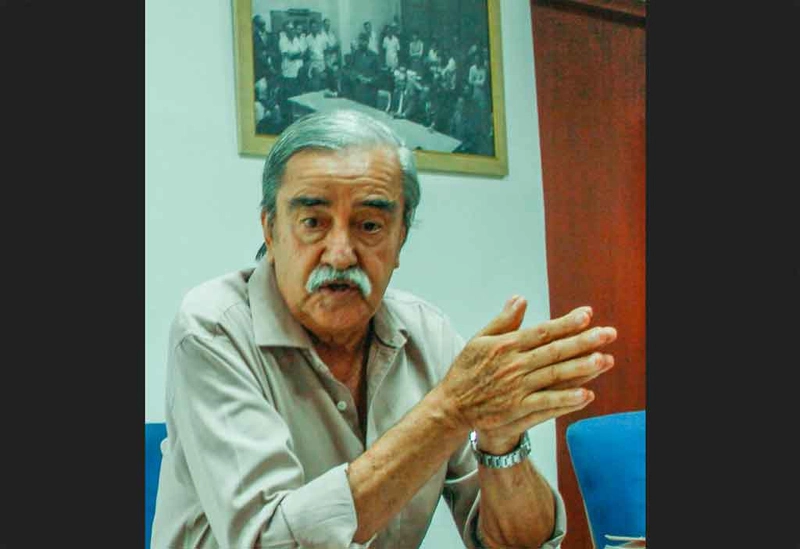The closed-door holding of Tuesday’s espionage trial against former minister Alejandro Gil protects information that could endanger national security, stated Cuban jurist Arnel Medina.
In statements to the Granma newspaper, the Doctor of Juridical Sciences and vice president of the Cuban Society of Criminal Sciences explained that in crimes of this nature. Such a restriction is a legal prerogative that responds to the need to safeguard the nation’s higher legal interests.
“Cuban criminal procedure stipulates that oral trials are public. Unless reasons of national security, morality, public order, or due respect for the victim advise holding them behind closed doors. In crimes such as espionage, this restriction is a necessity,” stated the tenured professor of the Faculty of Law at the University of Havana.
Medina explained that espionage is classified in the Cuban Penal Code (Law 151) as an extremely serious crime. As it directly threatens the security of the State. The penalty for these acts is among the highest in the national legal system. With sentences ranging from 10 to 30 years of imprisonment, and even life imprisonment or death.
“The criminal offense is broad. Espionage is committed by anyone who, to the detriment of national security, participates in, collaborates with. Or maintains relations with the intelligence services of a foreign state. Or provides them with information, or obtains or procures such information for the purpose of communicating it to them,” the criminal law expert explained.
He added that the offense also applies when actions are carried out to benefit non-governmental organizations. International institutions, or any natural or legal person. Provided that it is to the detriment of the country.
Regarding the development of the legal process, the jurist explained that the principle of presumption of innocence. Enshrined in the Constitution and the law, remains fully in effect for the accused until a final judgment is issued against them.
“Until there is a final and unappealable judgment, information that could prejudge the accused should not be disclosed. Thus protecting their right to a fair trial,” he stated. Regarding the Attorney General’s mention of other crimes besides espionage, Medina commented that this indicates the existence of at least two separate cases.
“The Court logically decided to begin by judging the most serious crime. Which is espionage, and for which there is only one defendant. The other crimes, which involve other people, will be tried in due course in a subsequent trial,” he explained.
Also the professor concluded by emphasizing that Cuban law. In accordance with international comparative law. Defines this crime with all the rigor it deserves because it is a direct threat to the sovereignty and security of the nation. Guaranteeing a balance between the protection of the State and the rights of the accused.
With information from Prensa Latina
- Medical Equipment in Holguin Guaranteed to Be in Operation - 12 de February de 2026
- Aid Arrives in Cuba from Mexico - 12 de February de 2026
- Tauba Holmotor in Holguin Expands Production Through Innovation - 12 de February de 2026

